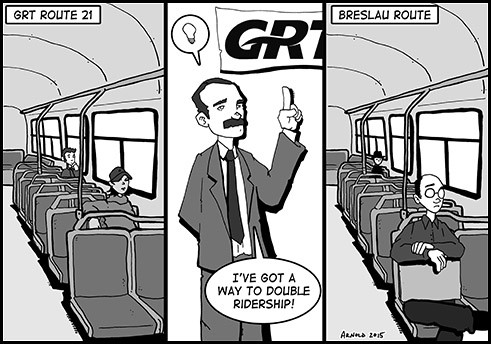In a legal strike position as of May 10, public elementary school teachers are expected to commence some form of job action on Monday, but a full-on strike is unlikely, according to local chapter of the Elementary Teachers Federation of Ontario.
“It’s never been ETFO’s practice to move further ahead in a job action than is required to get things moving at the bargaining table, so there isn’t an example in the past where we have immediately gone to a full strike,” ETFO Waterloo representative Greg Weiler said. “Typically, (we) begin with some kind of work to rule and make every effort to have the action have little or no impact on students for as long as possible.”
Meetings between local and provincial ETFO officials were ongoing, and specifics as to what the job action will look like weren’t being made public yet, Weiler said, though he was able to speculate.
“If we look back historically, in the past, one of the things that typically happens first is some kind of administrative work to rule where teachers stop doing the administrative things they are responsible for, but they are still teaching the students and extracurricular activities would not be impacted so that the experience that students have at school would remain mostly or largely unchanged. It’s more to inconvenience the school board, the administration and the government.”
The province and the ETFO have been unable to come to come to terms on a new contract since the previous deal expired last August.
The Waterloo Regional District School Board sent a letter home with students last week, promising to keep parents informed about the situation as it develops.
The main sticking points in negotiations between the province and the union revolves around compensation and class sizes.
Though Weiler argues the teachers are really just fighting for their students.
“Teachers do not, despite what the minister of education has said recently, teachers do not want to be on strike and they do not want to have to engage in job action,” he said. “All of our members are deeply committed not just to the public education system but to the students they teach and I think parents whose children go to schools know that and they believe that about their teachers and so I would ask parents to trust the judgment of those teachers; they are the members that are giving us direction.
Everything that is contemplated, it is always a consideration of how will this affect students and parents and what are the goals of this action?”
He continued, “The goals are to get things moving at the negotiating table in a direction that will be more beneficial to students. The things that the school board association and the government have tabled to this point are not things, in our view, are going to improve student achievement or be beneficial for students. …I think the overarching issue is the lack of a real willingness to enter into discussions and negotiation. Things have remained largely static for nine months and that is a problem. But apart from that the things that have been brought forward by the school board association, things like rolling back the class size cap which this government brought in, and it was obviously brought in because of the data that shows increasing student-teacher contact through lower class sizes is beneficial for students, especially for students in the early grades and for students with special needs. That I think is an issue, in or outside of negotiations, is an issue of special needs students in Ontario’s public education system is one that I think cannot get enough attention. It is an increasingly problematic issue, the lack of support, and I fear that at some point there is going to be something that happens somewhere in the province that is going to force everyone to stop and say, ‘okay, we need to do something now.'”
Public high school teachers in the region have been in a legal strike position since May 2, but have not proceeded with any job action.
The union representing Catholic teachers in the province has stated that it will not look at joining the fray until June at the earliest.









